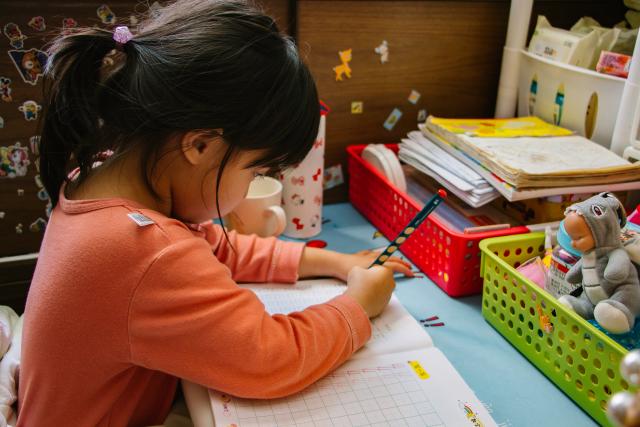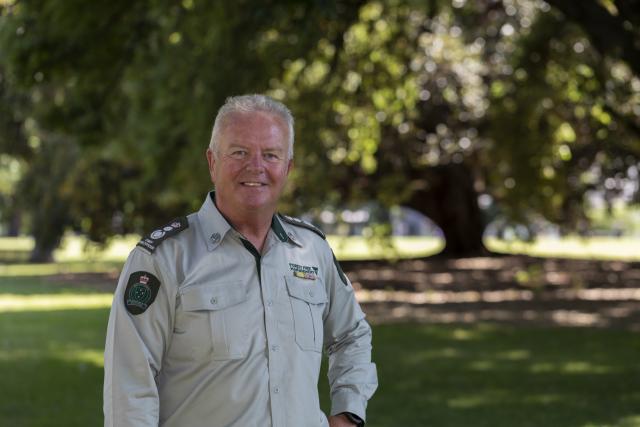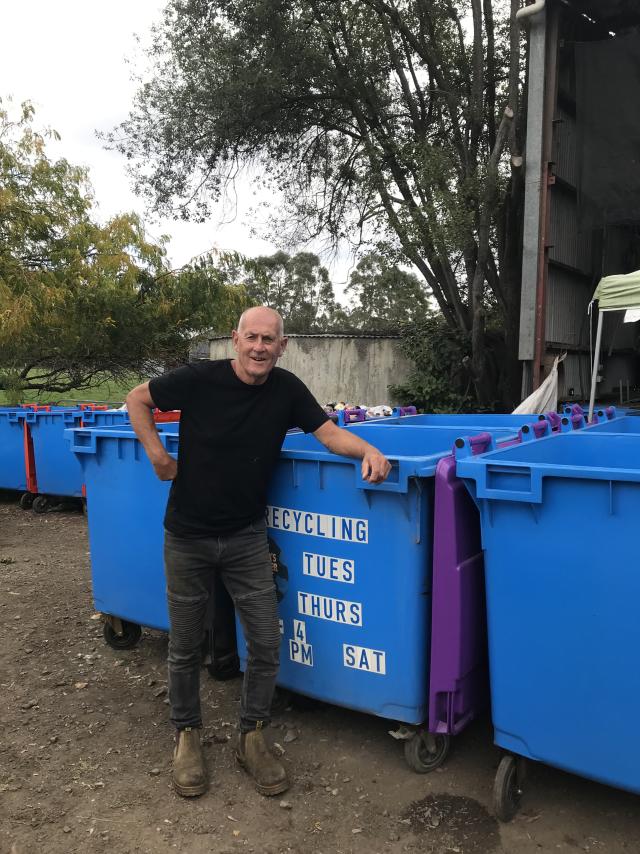The Federal government budget has allocated $72.4 million over four years to support the skills development of early childhood education and care (ECEC) sector workers.
In the 2023-2024 budget, the government announced it will support early childhood educators to undertake professional development and provide financial assistance to educators and teachers to complete the required practical component of a Bachelor or Master’s Degree in Early Childhood Education.
$34.4 million will be dedicated over five years to subsidise ECEC services to backfill up to 75,000 early childhood educators, early childhood teachers and centre directors to undertake mandatory or highly recommended training, or to pay an allowance to the educator if training is undertaken outside work hours.
Up to 6,000 educators in the ECEC sector will be able to undertake a paid practicum in initial teacher education courses at a bachelor or post-graduate level, thanks to an injection of $33.1 million.
It comes after the government announced in the October 2022 budget that childcare will be made cheaper for families from 1 July 2023, with more than 1.2 million eligible families under a measure revealed in the $4.5 billion policy.
Yarra Ranges Kindergartens CEO Gaby Thomson said the reforms are welcome, but funding needs to go into staff pockets to help workforce shortages to help combat the demand for childcare.
“The whole sector is having a massive staffing crisis,” she said.
“We won’t have the facilities in the future to accommodate the reforms that the government’s introduced because you need more than one building facility, and most of our kinders – 20 of the 22 – are in one building.
“We not only need to get new people in, and there are new government initiatives to get people in, but we need money in people’s pockets to stop them leaving.”
Ms Thomson said is calling for educators to receive a minimum 25 per cent wage increase, with qualified educators beginning their career earning a minimum hourly rate of $24.38; $3 above the minimum wage.
“It’s very hard to attract people… teachers are much better paid. It’s the educators that suffer,” she said.
“We like the fact that finally we’re getting recognised in the budget and getting resources, but [the government has] got to listen to what the sector needs.”
From mid-2023, families earning less than $80,000 are set to receive a childcare subsidy increase from 85 per cent to 90 per cent, with families earning up to $530,000 also provided with subsidised childcare.







